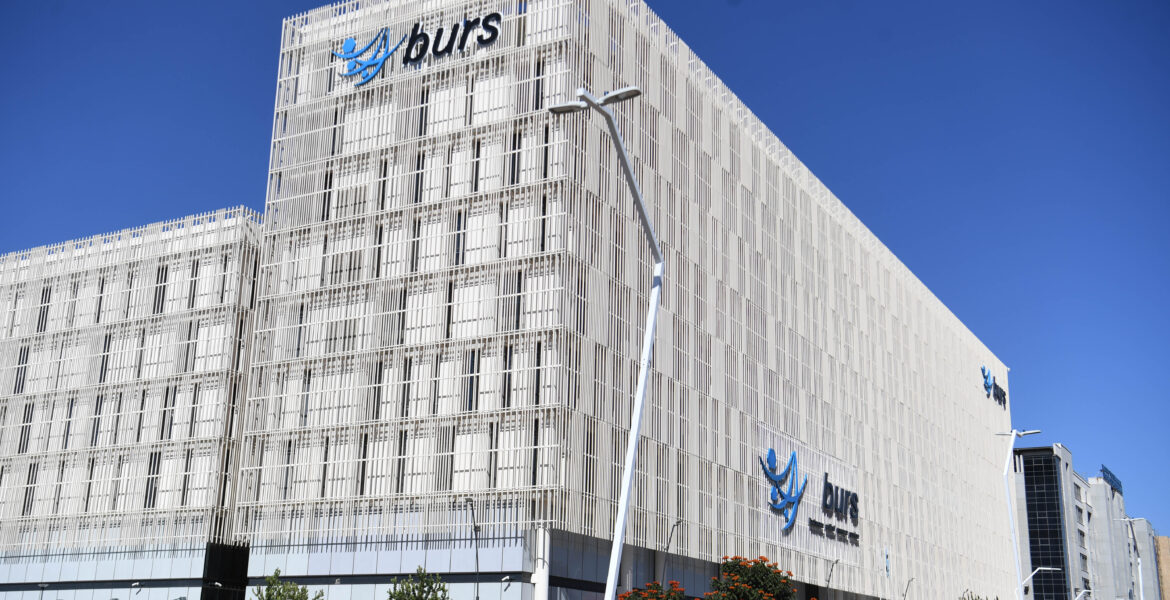In some instances, employers may be forced to cut down on their labour force due to low productivity or as a result of a new business model. On the other hand, termination of employees may arise due to incompetence or poor quality of work that may risk the reputation of the entity as a whole. However, in as much as termination of employees appears to be an operational decision, the Income Tax laws requires employers to seek the taxman’s approval before employees are sent off and paid their terminal packages. This is meant to ensure that all tax debts or outstanding returns are filed before termination.
Primarily, it is key to note that tax laws do note govern or regulate how employers should recruit and lay off their employees. However, the critical issue surrounding the tax law in relation to employment termination is to prescribe how employers should comply with terminal payments subsequent to the termination or retrenchment. In essence, the role played by the taxman is to plug any avenues that may result in revenue leaks for the government, hence the requirement for employers to obtain approval. The law requires employers to submit an application to BURS seeking for clearance of the employee through a form called an ITW 6A. The application should be submitted within 15 days prior to the date of the payment of terminal amounts. In other words, employers cannot pay terminal payments\benefits before BURS clears the employee of any outstanding tax matters.
It is therefore critical for employers to take not of this requirement to avoid unnecessary liabilities as the taxman may pass on the burden of any unpaid tax by the employee and collect from the same.
This article is of a general nature and is not meant to address particular matters of any person. Please contact us on the details in this article for tax consulting or to join our free Tax WhatsApp group or to know about our 9 Tax e-books.

